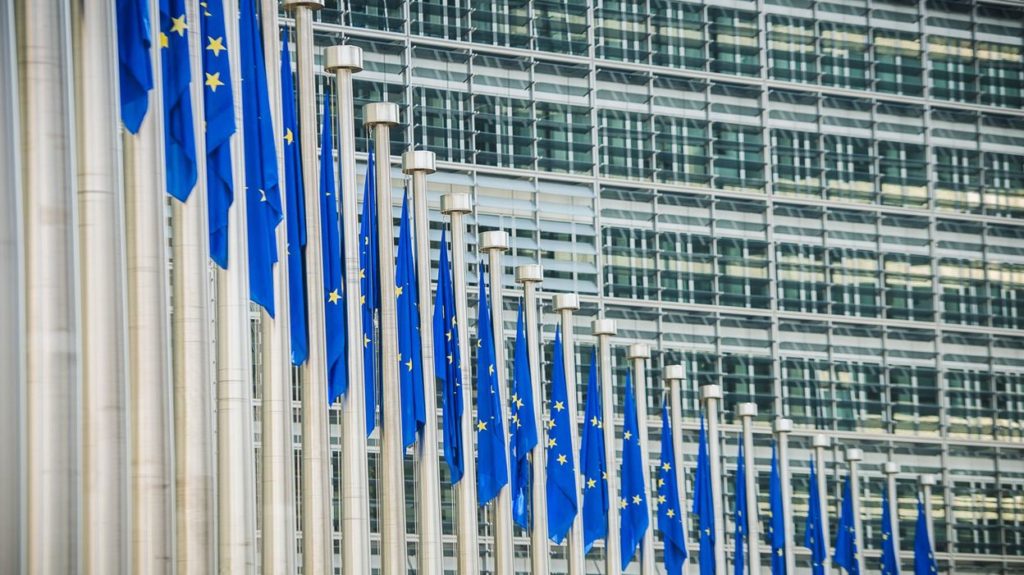On Thursday, the European Commission launched an infringement procedure against ten EU countries, to defend the rights of travellers to be reimbursed if their trips are cancelled because of the coronavirus.
The Commission sent a letter of formal notice to the Czech Republic, Cyprus, France, Greece, Italy, Croatia, Lithuania, Poland, Portugal and Slovakia.
Many journeys had to be cancelled because of the lockdown measures over the past few months, resulting in a lot of uncertainty for travellers and the sector alike.
European legislation provides that, in the event of a cancellation, the traveller has the right to choose between a refund or a voucher. However, many airlines, in Belgium too, urged customers to choose for a voucher instead of a refund.
Throughout the crisis, the Commission has stressed that consumer rights remain valid despite the unprecedented situation caused by the virus.
The issue is particularly sensitive because the lockdown measures weakened a very large number of tourism businesses, including the airline sector, which, for lack of income, may have to lay off their staff or even shut down.
Related News
- Refunds now possible for cancelled TUI flights
- European Commission moves to save summer tourism
- Coronavirus: Airlines must refund cancelled tickets
"This is good news," said Monique Goyens, Director of the European Consumer Organisation (BEUC), in a press release. This urges the national governments concerned "to ensure that those who need it, will be reimbursed."
"In these ten Member States, specific national rules on package travel remain applicable and allow tour operators to issue vouchers to be used, instead of refunds for cancelled trips or to postpone the refund well beyond the 14-day deadline set in the Package Travel Directive," the European Commission noted.
This requires them to reply within two months and "asks them to take action to remedy the shortcomings it has identified."
Failing that, the EU executive will move on to the second stage of the infringement procedure, known in EU jargon as the 'reasoned opinion', which is a formal request to comply with EU law. The deadline to respond to that is usually also two months.
If the EU countries still do not respect its obligations, the Commission may decide to take them to the EU Court of Justice. However, so far, most cases have been settled before being referred to the Court.
Maïthé Chini
The Brussels Times

